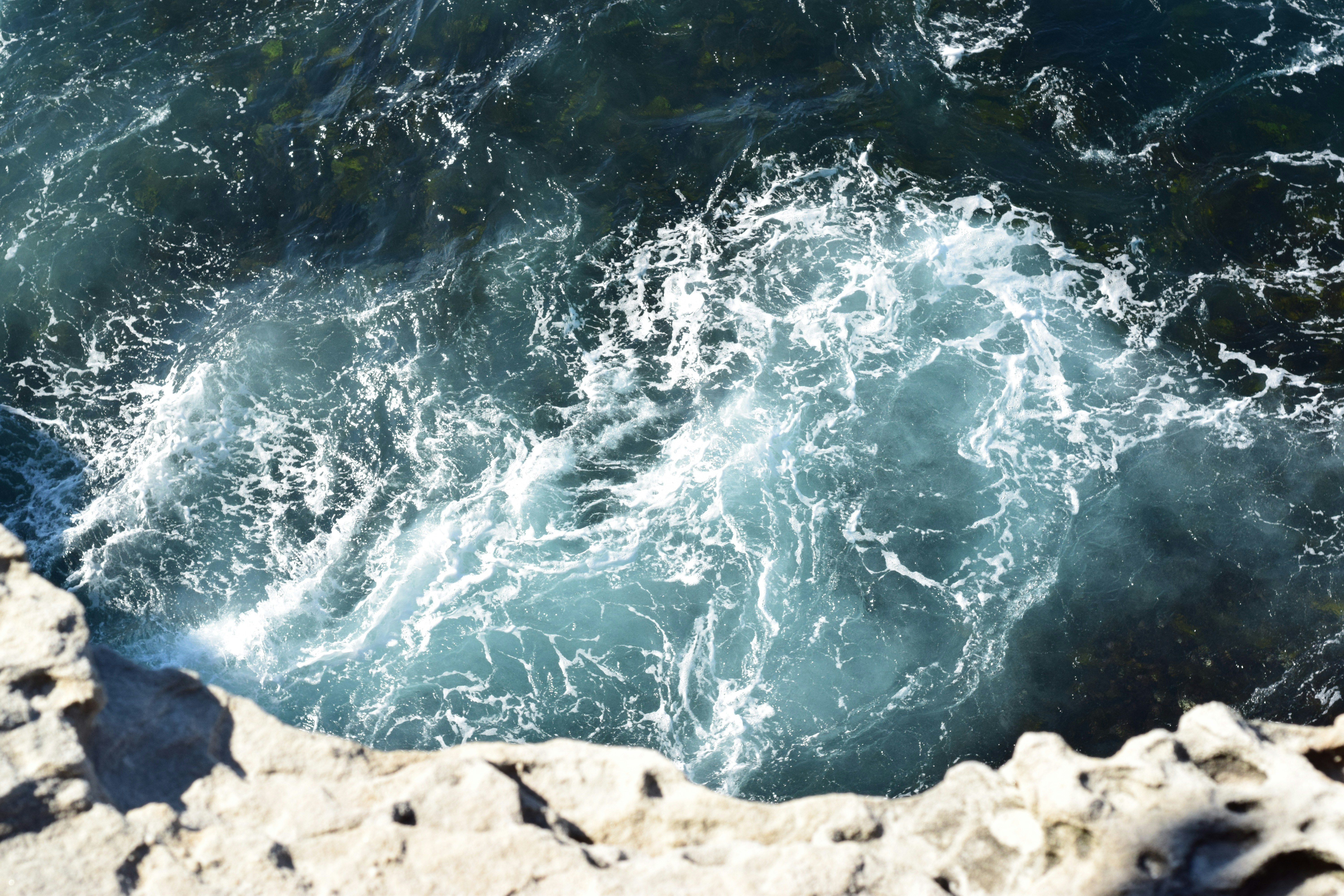Here’s something you probably didn’t expect to hear this week form Finland: they’ve added Demoscene to the UNESCO list of intangible cultural artifacts. According the Finnish Heritage Agency Demoscene is “an international community focused on making demos, real-time audiovisual performances that creatively combine programming, graphics and sound.” Finland beat everyone else to the punch to get demoscenes listed under their purview – good for them!
This is a fun reminder of the nifty cultural practices that exist all around the world.
Jukka O. Kauppinen, Finnish Journalist and demoscene veteran since the 1980s, is happy: “Demoskene inspires to create, express and to do. While it revolves around digital devices, at its core demoscene is communal, connecting people and groups across borders. The inclusion of demoskene on the Finnish listing of intangible cultural heritage is an important indication that it is still possible to birth and grow completely new cultures and content, even in the digital realm. And demoscene is one that still rapidly evolves, changes and creates new stories to remember.â€
The fact that the Finnish application was created by the Finnish demoscene culture in support by a wide range of institutions and partners shows, how connected and relevant the demoscene is in Finnish digital culture until today. A big thank you from us go to the communities and drivers behind the Finnish submission, namely Satu Haapakoski, Heikki Jungman, Jukka O. Kauppinen and Markku Reunanen, supported by many more.



